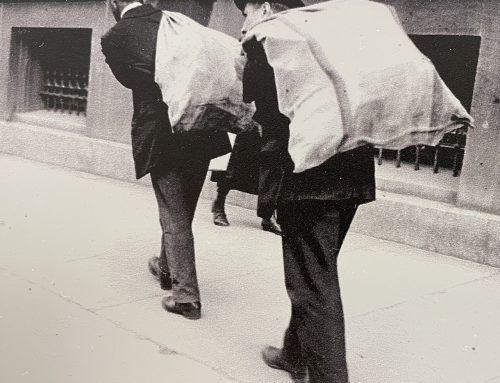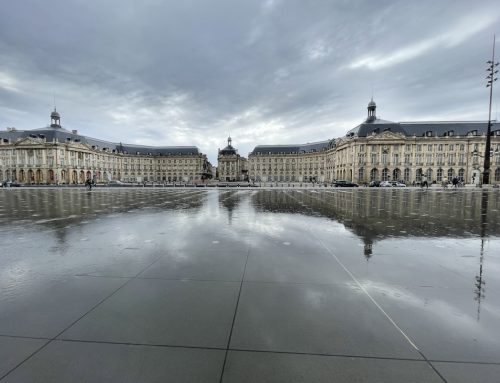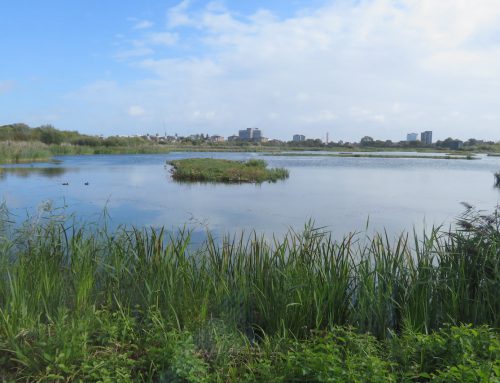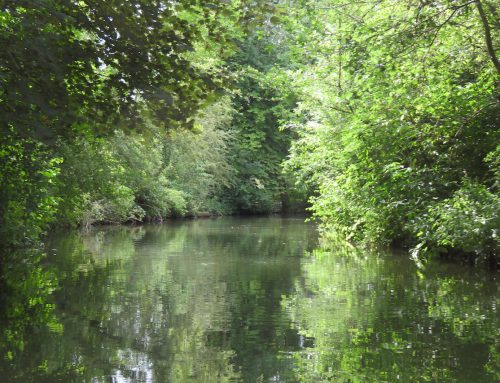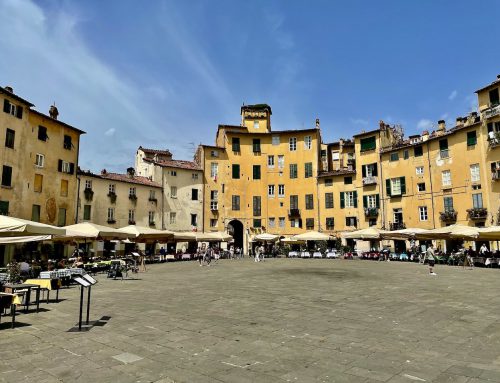Much goes on in Syntagma
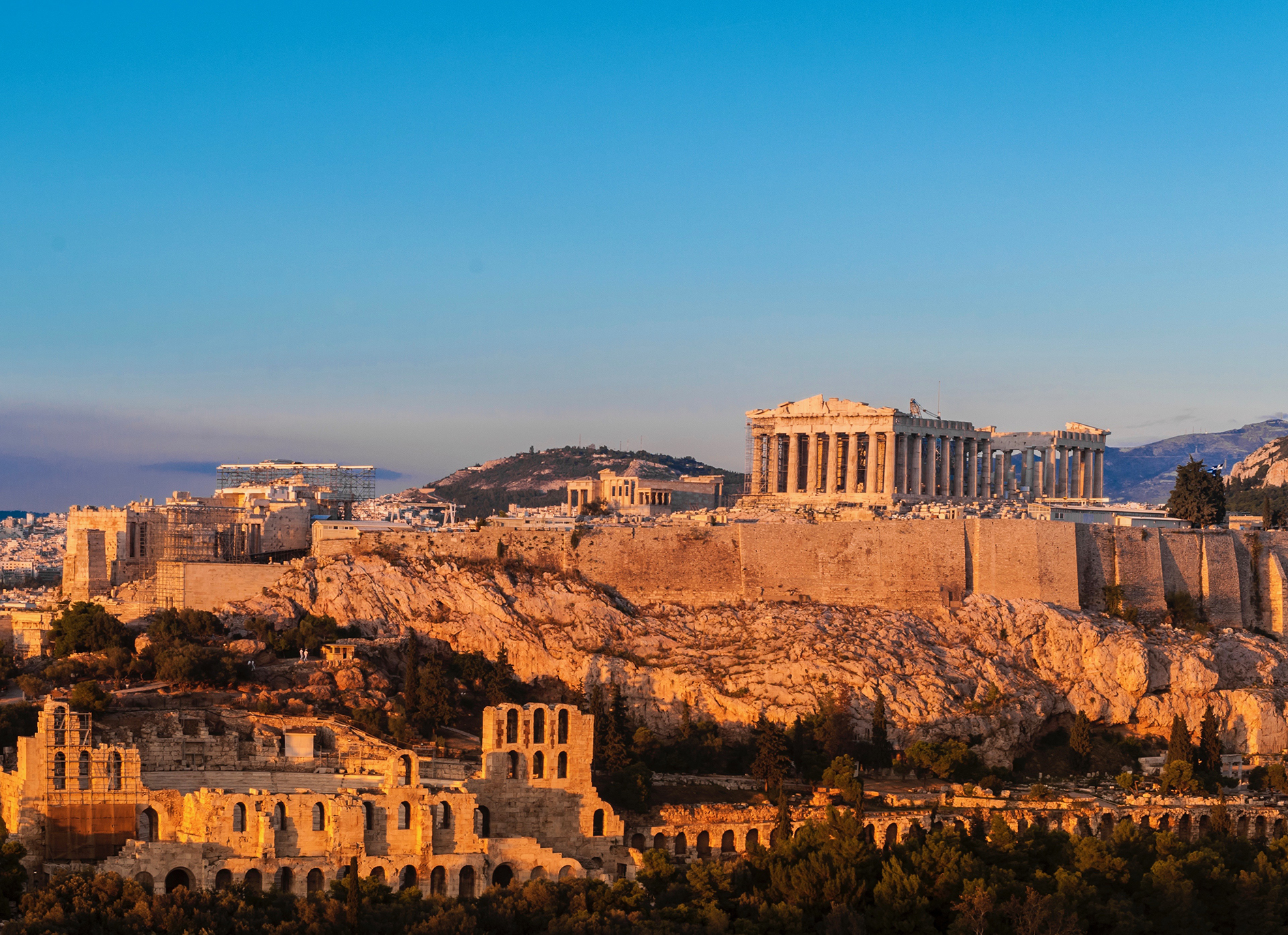
The Acropolis. You would have thought they would have finished building it by now.

The Acropolis. You would have thought they would have finished building it by now.
Athens, Greece
I worry when things change, so perhaps I am a creature of habit. Yet to see Greece today, it is a land I do not recognise. Yes, I am surrounded by unrivalled antiquities and the weather is second to none. And yes, the people are welcoming as ever, keen that I have the best of times. But around me I see worry, once energetic colleagues dragging their feet, while many conversations start with the word “crisis”.
Greece is a land in trouble, that is very clear. I know the land well, and it knows me. As a boy, I was in Athens when the revolution was underway, tanks in the street, King in flight, a military junta in the making. I remember how one day before, life had been so normal. There was no sense of trouble looming. Nothing in the air, nothing on the streets, no evidence that a coup lay just around the corner. I learned then that in Greece much can happen under cover. I learned too that when life changes, it changes in a blink, in a flash, in a moment.
To walk the Athens streets in the early morning, Sunday is always a good day, you can be fooled that everything is fine. Here is the Greece the world adores. Here are a people the planet admires. Tourists drag wheelie luggage along cobbled streets, their clatter waking the dozing, lie-in population. Hotel doormen smile as the tourists struggle past and I see one doffing a top hat to a Chinese lady. Taxi drivers lean against the outside of their bright yellow cabs. They natter, argue, and express their views with a flourish that makes them appear almost Italian.
Way in the distance and hanging above a clear blue skyline, a colour only Greece can offer, is the Acropolis. I laugh at the cranes to one side. “Surely the Greeks would have finished building it by now?” I whisper.
I try not to smile in case one of the few passers-by regards me as crazy. The monument, for that is the Acropolis, is undergoing one of the longest renovations in history. More than 20 years of repairs and multiple, multiple millions are needed. Any architect will tell you that it is easier to create a new building than to rebuild an old one. The Acropolis is an unquestionable challenge. There have been earlier attempts to restore the place, the most catastrophic being by Nikolaos Balanos who, over 42 years, used Portland cement mortar and steel reinforcements. These started to rust, crack and deteriorate and in double-quick time the repairs had failed.
But the Acropolis is not the only item that will take time to restore, as it towers 500 feet above the Athenian Ilissos Valley. With me, here at ground level, there is plenty that needs repair as well. Greece’s economy is in meltdown. Its government debt to GDP is 179%, roughly twice that of Great Britain although significantly less than Japan. As I talk to my Athenian friends, in English rather than Greek, I learn they sell houses to bring in cash, I hear them struggle to make ends meet. I learn, too, of the hardships they face to maintain security for their family and beyond. The endgame for Greece lies around the corner. Tomorrow, next week, next month, next year? No one knows but it cannot be far away.
There are two economies in this land, the one you read about and the one which exists, the shadow economy for which Greece is so famous. In its efforts to control tax evasion, the Government has limited cash withdrawals, long lines by the cash machines say all. This has spurred a massive rise in electronic transactions; credit cards, debit cards, and activities Governments find simpler to trace. The shift from cash to plastic is well underway and the Greeks do not like it. In the first half of 2015, €45bn left the Greek banking system. Of that, €15bn left the country, €15bn paid off tax and household expenses, while there is still €15bn out there somewhere waiting for Heaven knows what. Cash remains King but even €15bn will one day be fully spent. Then all that remains will be plastic and Big Brother will have won.
At the start of the crisis, the cry was one of, “I won’t pay”, now it is one of, “I cannot”. For many, almost 80% of their incomes now disappears in tax. Tax evasion by others is easily blamed but these days there are qualified professionals unable to pay bills and yet who are up to date with tax payments. Thousands of self-employed professionals, pensioners and private sector workers are up against the wall. The commonest claim is that the Government is not explaining. Where are all these paid taxes ending up?
Money does disappear and corruption is rife in this land. The fakelaki, small envelopes stuffed with cash to buy favour, still exist. Greece ranks fourth on the list of most financially corrupt developed nations, beaten by Italy, Turkey and Mexico. Greek tragedy also endures, the corruption prosecutor resigning in the middle of a bribery probe that had identified crucial evidence of €28 million of bribes paid from a Swiss bank account. In her resignation letter the prosecutor had said she refused to be sacrificed on the altar of the interests of corrupt state officials.
It is no wonder the Greeks have taken to the streets, Syntagma Square in particular. Syntagma represents the very centre of the city and is named after the 1843 Constitution granted by King Otto, the first king of Greece. The square is Protest Central. It is where you go to demonstrate displeasure and frustration. It is where Dimitris Christoulas, a 77-year-old retired pharmacist, chose to end his life. Divorced, exasperated and angry, he shot himself in the head. His last words before he squeezed the trigger were, “I am not committing suicide, they are killing me.” And then, in an instant, he was dead. His suicide note, publicly available, is heart wrenching.
Syntagma puts you in front of the Greek Parliament, the Tomb of the Unknown Warrior, and two tall Presidential Guards, evzones, who are specialists in the slow-motion goose step. There is no better place to throw your rock, attack your policeman, burn your tyre and garner public attention. Much goes on in Syntagma.
Around its margins are colonnades decorated with protest graffiti, while paramedics and policemen keep to the shadows, waiting for the next session of unrest. Meanwhile dead centre, four ownerless dogs lie asleep, untroubled by everything around them, while a tourist does a hand stand on the low wall around a fountain. He is dressed like a scruff but balances like a master. Only metres from him, two young men sit handcuffed together, while being questioned by hunk-like police.
As I stroll across the square deep in reflection, a pickpocket follows me, while pretending to drink from his empty coffee carton. I am trailed to the start of a pedestrian crossing, the perfect place to trap an unwary tourist, whose mind may be on something different. Perhaps Greek history, perhaps flight check-in, or perhaps the tourist is no more than hungry and needs somewhere to stop. Syntagma is flypaper to pickpockets. It is not a place to pull out your wallet, nor to look smart, nor make that urgent mobile call which might easily wait until later.
The pickpocket thinks I have not noticed as I have kept to a steady pace. Yet I now know he speaks perfect English, as he runs off in an instant when I turn and say, “Not me, old son. It will be your bad day if you do.” Within moments he has gone, the only trace remaining is the empty carton rolling this way and that on the ground. Like the pickpocket, Greece has many problems and the end game cannot be far away.
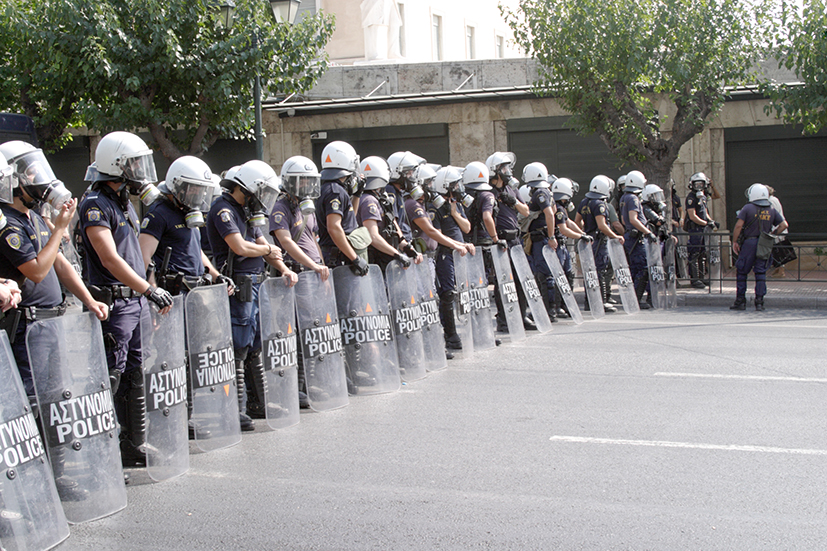
Syntagma Sqaure - riot police at the ready.
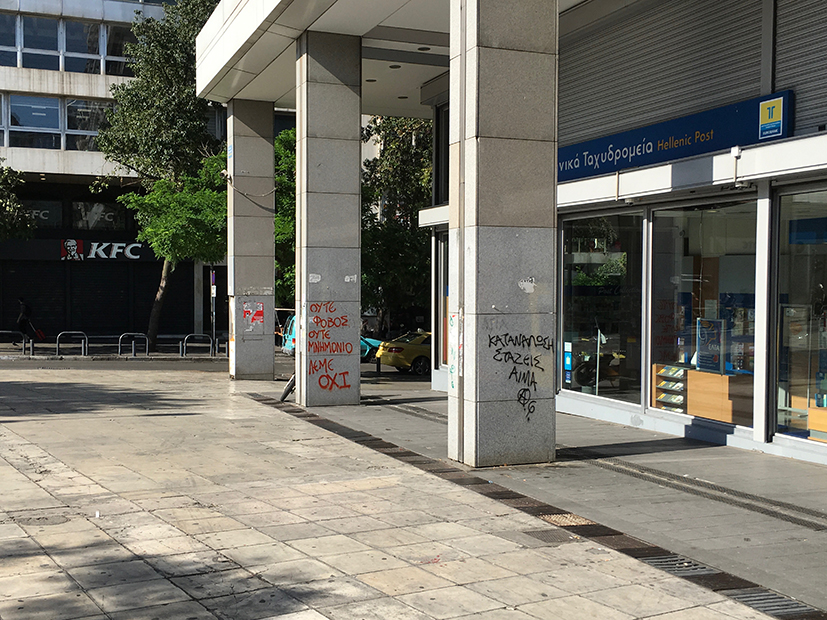
Athens is troubled. Graffiti is everywhere.
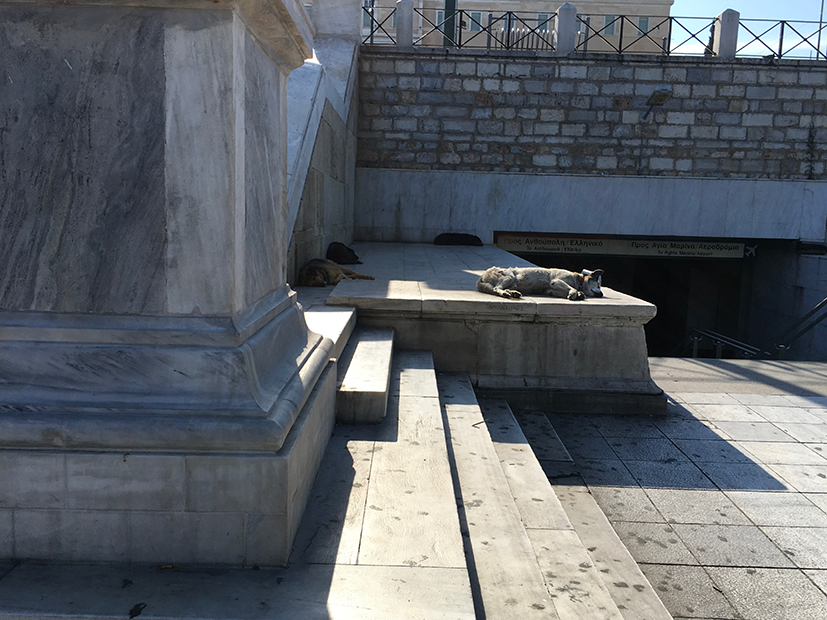
And through it all, four homeless dogs lie asleep.

